Please support Game Informer. Print magazine subscriptions are less than $2 per issue
Ways Gaming Used To Suck
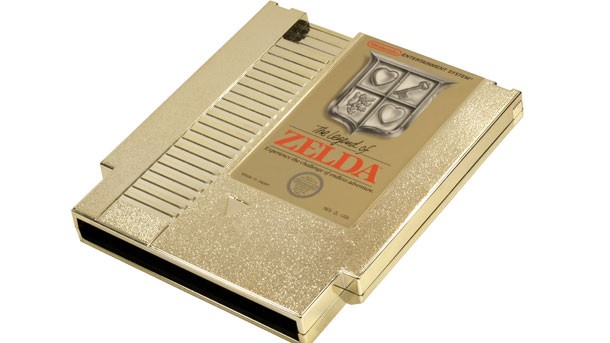
The game industry isn't perfect. Even with all of the great games available, you can still find complaints about DLC, microtransactions, copy protection, online requirements, and a host of other issues that get between gamers and their favorite hobby. However, you don't have look far back in time to see how far we've come. The inconveniences we deal with today seem small compared with these hassles we endured in previous generations, all in the name of gaming.
Renting
If you want to rent a game now, you subscribe to GameFly and keep it for as long as you want. Back when there were video stores, kids would rush in on Friday afternoons to grab a game for the weekend (which would be due on Sunday). That's not too bad, but what if you were playing Final Fantasy III or Breath of Fire? You had to hope that no one got there before you and deleted your save file from your last rental.
Sore Digits
While holding modern ergonomic game pads, it can be easy to forget the blisters you developed on any number of old-school d-pads and buttons. They worked in short bursts, but any marathon gaming sessions left aching indentations on your thumbs and fingers.
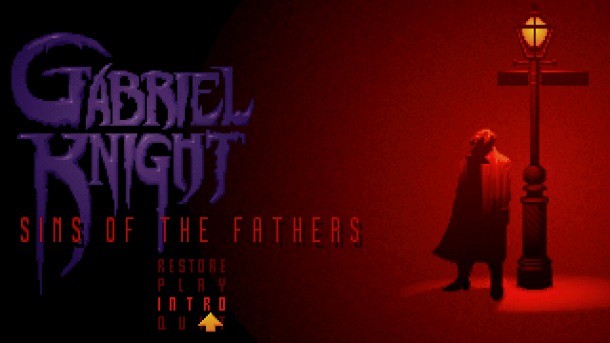
You're All Alone
The Internet has made life as a gamer much easier on the whole, especially when it comes to getting out of tough spots. If you ran into a boss that was too hard, a confounding puzzle, or even a glitch, you didn't have a vast network of resources to turn to for help. You just had to figure it out, give up, or start over. Sometimes you could call 900-numbers for tips, but rare were the parents who would condone that expenditure.
Cartridge Finesse
Whether it's blowing into the cartridge to clear the dust or gingerly placing and positioning it just right, getting an older system to even read the game you're trying to play could be a challenge. These days, when you stick a disc with no visible defects into your system, at least you can be reasonably sure that it will be recognized.
Copy Protection
Yes, always-on DRM is a huge pain, since server downtime can temporarily render you unable to play your game. Compare that to PC games of old, which often came packaged with bizarre cipher decryption keys. These keys would help players solve in-game puzzles that would otherwise be unsolvable. If you happened to lose your key, you weren't just out of commission for a few hours; you were done for good.
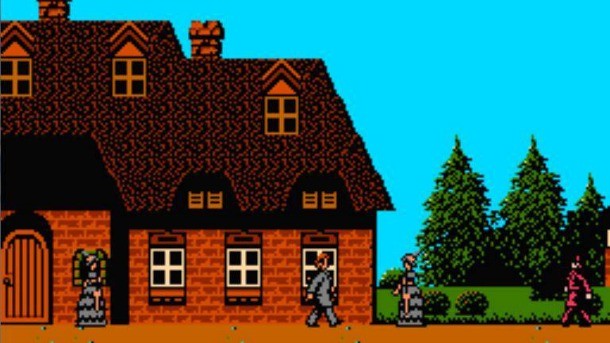
What To Buy?
Today, the gaming industry is covered by a wide range of media outlets, and scores are aggregated for easy reference to help inform purchasing decisions. In the early days? Without magazines, websites, or metacritic, you could only turn to friends or to store clerks to help make your choices. Back then, really cool box art went a long way toward persuading buyers.
Coming Up Next: Even more dumb things we put up with for the love of games.
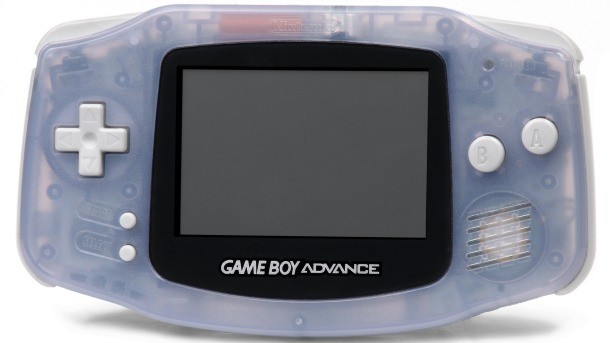
The Right Lighting
Popular handhelds like the Game Boy and Game Boy Advance did not have backlighting, making them extremely difficult to play except in optimal lighting conditions. This drove gamers to either purchase third-party light add-ons, or carefully position themselves near windows to get just enough (but not too much!) light to see the action.
Powering Down
Saying "Xbox turn off" is easier than pressing a button on your controller, which in turn is easier than getting up and physically pressing the power button. But there was a time when it was even more complicated; to preserve the battery back-up on NES cartridges, gamers were supposed to hold the reset button as they turned off the power. Otherwise, they risked corrupting the save data.
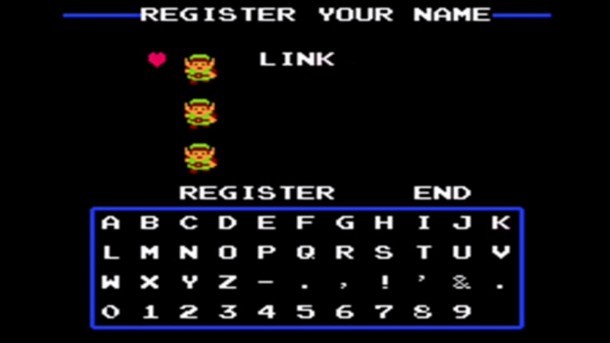
Cartridge Batteries
Losing hours of progress is one of the worst things any gamer has to put up with. It was more prone to happening in years past, when games had saves backed up by batteries. Like any batteries, these save-supporting versions could run out of juice, forfeiting your data. Many are the players who turned on The Legend of Zelda only to stare in terror at empty save slots where awesome Links should be.
Memory Cards
It seemed like a step up from battery back-up and passwords at the time, but in retrospect, memory cards are not a great solution either. Their storage space was sadly insufficient, forcing you to buy a new one when your old one filled up (because who is actually going to delete their end-game saves?). Plus, remembering which card held which data resulted in lots of shuffling around trying to find the saves you were looking for. Hard drives are definitely more convenient…but they still don't quite have the space issue sorted out.
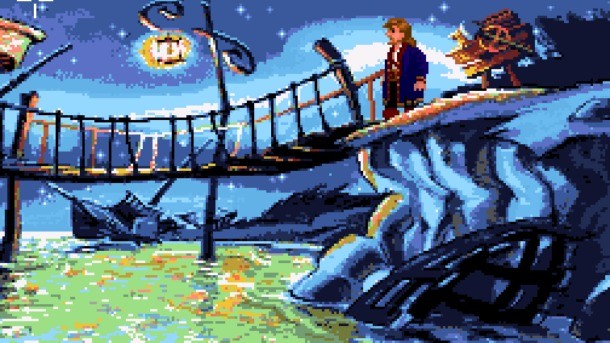
Installing For Hours
Installing games is still not great, but we have so many options today. Your PC and consoles can download new things automatically, or even in the background while you play other games. We used to put up with arduous multi-disk installations that could take several hours. You also couldn't go far, since you had to be there to swap disks when one finished. Even worse, let's say you're on disk 10 of 11 for Monkey Island 2 and something goes wrong – your only option is to wipe the slate clean and start over.
Leaderboards? Ha!
Did you just get the high score in your favorite game? Is no one around to vouch for your accomplishment? Today, this problem is solved by global leaderboards that record your feats for posterity. Back in the old days, you needed to get a camera (that used actual film) and take a blurry snapshot of your TV. Only after that roll of film got developed could you finally substantiate your claims.
Have you been gaming for years? In the comments below, share your stories about the hassles you remember from the good old days.










